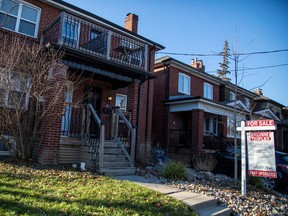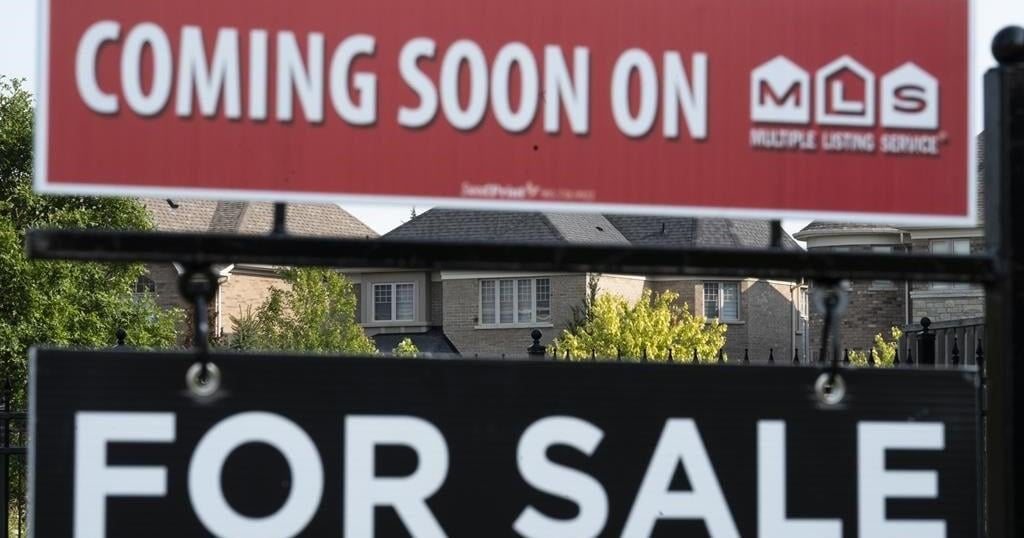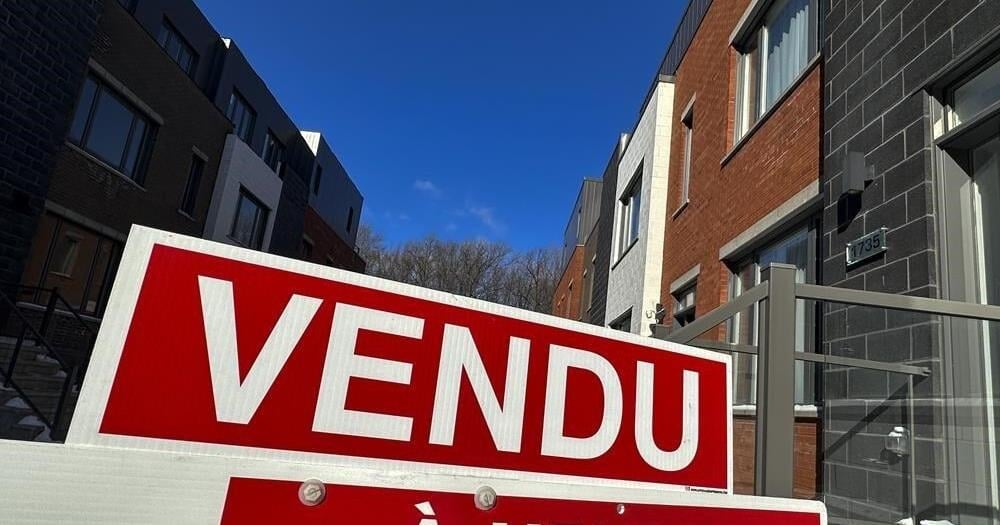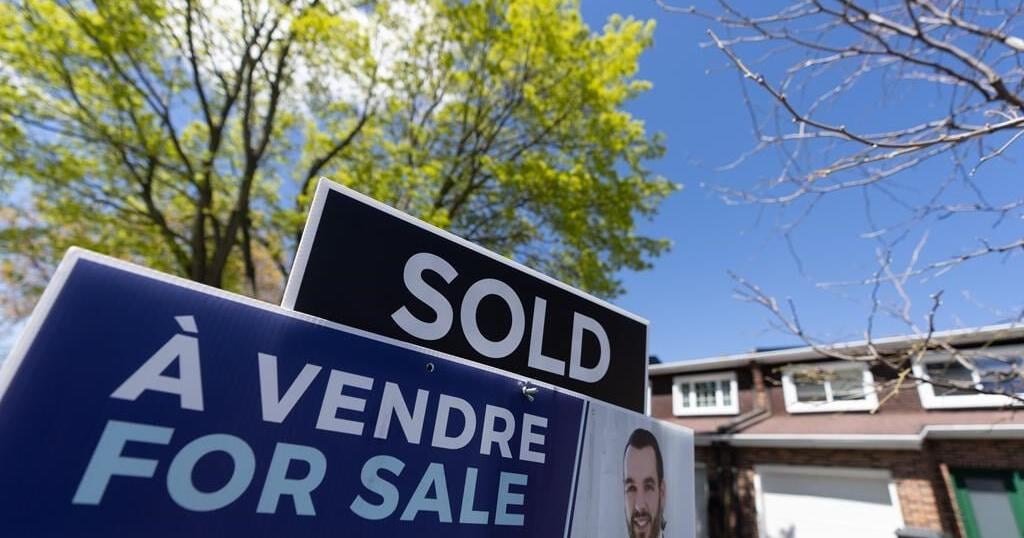Canadian housing prices are unaffordable, at least in part, because successive governments have failed to address the fact that Canada is one of the world’s foremost tax and secrecy havens, minus the palm trees.
Real eState
Diane Francis: Shining a light on money laundering in Canadian real estate
Increased consumer debt caused by Canada’s housing bubble will lead to widespread financial pain once interest rates rise

The House of Commons finance committee is to be congratulated, in the spirit of better-late-than-never, for opening hearings this week into the country’s dangerously high housing prices. “We risk the possibility of a major housing crash when interest rates go up, just like the Americans experienced in ’08-’09,” said Pierre Poilievre , the Conservative MP who requested hearings.
“It’s time for the finance committee to … begin emergency hearings into where all the money is coming from that is ballooning our housing market, making home ownership unaffordable to our youth and working class and risking a massive financial collapse later on.”
Canada’s housing market has been overheated for years and the pandemic has only exacerbated the situation. According to the Canadian Real Estate Association, the cost of a typical Canadian home rose 38 per cent between January 2020 and November 2021, to $780,400, with many cities seeing average prices above $1 million. A recent RBC report said that housing is more unaffordable now than at any point in the past 31 years.
International money laundering watchdogs have condemned Canada’s failure to regulate its mortgage brokers, lenders, housing investment funds, realtors, developers and lawyers. Transparency International has consistently ranked Canada near the bottom of the pack of all G20 countries due to its failure to meet G20 anti-money laundering commitments. And last summer, Global Financial Integrity (GFI) — a Washington, D.C.-based think tank focused on corruption and money laundering — issued a report the underscores Ottawa’s many failures.
GFI’s report analyzed 35 cases involving US$626.3 million ($783 million) in laundered funds over five years (which is a drop in the bucket considering that a 2019 RCMP report estimated that $46.7 billion was laundered in Canada in 2018 alone). It found that about half the money laundered through Canadian real estate came from outside the country, with China accounting for nearly a quarter of the foreign funds. Of the domestic money laundered through real estate, well over half came from drug trafficking.
So far, nothing has been done to crack down on professionals or immigration investor scams. These intermediaries, like chartered banks, should be required to report suspicious clients and suspicious transactions to authorities, as is the case in other countries, such as the United Kingdom.
Banning foreign buyers for two years would also be helpful, but only if secrecy is abandoned and the actual beneficial owners of properties are no longer able to hide behind proxies, trusts, anonymous companies or offshore entities. A registry disclosing their assets has been promised by Ottawa, but has yet to materialize.
The risk to all Canadians is that increased consumer debt caused by the country’s housing bubble will lead to widespread financial pain once interest rates rise.

Real eState
National housing market in ‘holding pattern’ as buyers patient for lower rates: CREA

OTTAWA – The Canadian Real Estate Association says the number of homes sold in August fell compared with a year ago as the market remained largely stuck in a holding pattern despite borrowing costs beginning to come down.
The association says the number of homes sold in August fell 2.1 per cent compared with the same month last year.
On a seasonally adjusted month-over-month basis, national home sales edged up 1.3 per cent from July.
CREA senior economist Shaun Cathcart says that with forecasts of lower interest rates throughout the rest of this year and into 2025, “it makes sense that prospective buyers might continue to hold off for improved affordability, especially since prices are still well behaved in most of the country.”
The national average sale price for August amounted to $649,100, a 0.1 per cent increase compared with a year earlier.
The number of newly listed properties was up 1.1 per cent month-over-month.
This report by The Canadian Press was first published Sept. 16, 2024.
The Canadian Press. All rights reserved.
Real eState
Two Quebec real estate brokers suspended for using fake bids to drive up prices

MONTREAL – Two Quebec real estate brokers are facing fines and years-long suspensions for submitting bogus offers on homes to drive up prices during the COVID-19 pandemic.
Christine Girouard has been suspended for 14 years and her business partner, Jonathan Dauphinais-Fortin, has been suspended for nine years after Quebec’s authority of real estate brokerage found they used fake bids to get buyers to raise their offers.
Girouard is a well-known broker who previously starred on a Quebec reality show that follows top real estate agents in the province.
She is facing a fine of $50,000, while Dauphinais-Fortin has been fined $10,000.
The two brokers were suspended in May 2023 after La Presse published an article about their practices.
One buyer ended up paying $40,000 more than his initial offer in 2022 after Girouard and Dauphinais-Fortin concocted a second bid on the house he wanted to buy.
This report by The Canadian Press was first published Sept. 11, 2024.
The Canadian Press. All rights reserved.
Real eState
Montreal home sales, prices rise in August: real estate board

MONTREAL – The Quebec Professional Association of Real Estate Brokers says Montreal-area home sales rose 9.3 per cent in August compared with the same month last year, with levels slightly higher than the historical average for this time of year.
The association says home sales in the region totalled 2,991 for the month, up from 2,737 in August 2023.
The median price for all housing types was up year-over-year, led by a six per cent increase for the price of a plex at $763,000 last month.
The median price for a single-family home rose 5.2 per cent to $590,000 and the median price for a condominium rose 4.4 per cent to $407,100.
QPAREB market analysis director Charles Brant says the strength of the Montreal resale market contrasts with declines in many other Canadian cities struggling with higher levels of household debt, lower savings and diminishing purchasing power.
Active listings for August jumped 18 per cent compared with a year earlier to 17,200, while new listings rose 1.7 per cent to 4,840.
This report by The Canadian Press was first published Sept. 6, 2024.
The Canadian Press. All rights reserved.
-

 News13 hours ago
News13 hours agoWorld Junior Girls Golf Championship coming to Toronto-area golf course
-

 News13 hours ago
News13 hours agoMan dead after fall from balcony as police carry out Toronto search: SIU
-

 Business13 hours ago
Business13 hours agoPolitics likely pushed Air Canada toward deal with ‘unheard of’ gains for pilots
-

 News22 hours ago
News22 hours agoFormer military leader Haydn Edmundson found not guilty of sexual assault
-

 News2 hours ago
News2 hours agoCanadanewsmedia news September 17, 2024: Bloc wins Montreal Liberal stronghold
-

 Health1 hour ago
Health1 hour agoHealth Canada approves updated Moderna COVID-19 vaccine
-

 News13 hours ago
News13 hours agoBlinken is heading back to the Middle East, this time without fanfare or a visit to Israel
-

 News13 hours ago
News13 hours agoDonald Trump doesn’t share details about his family’s cryptocurrency venture during X launch event





















